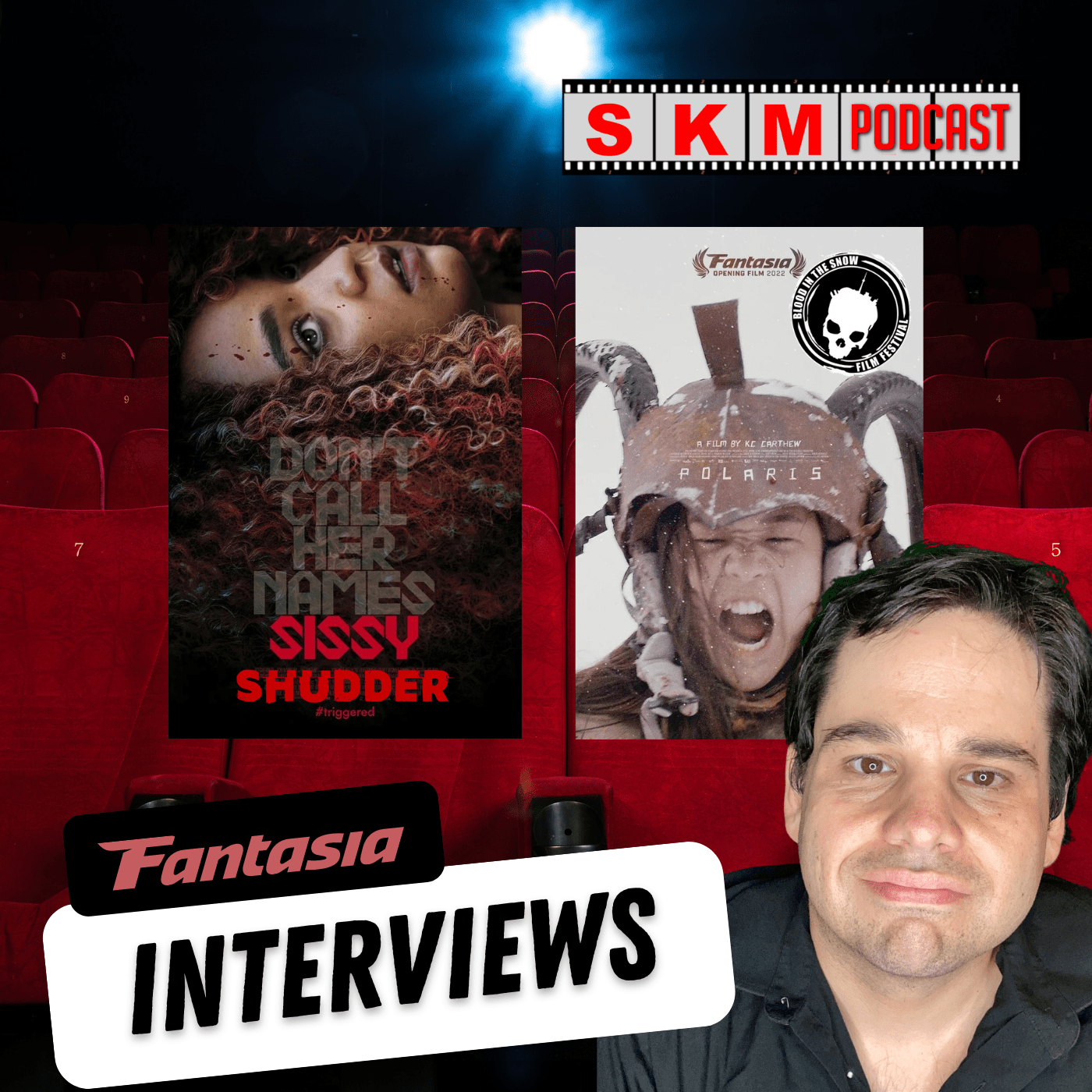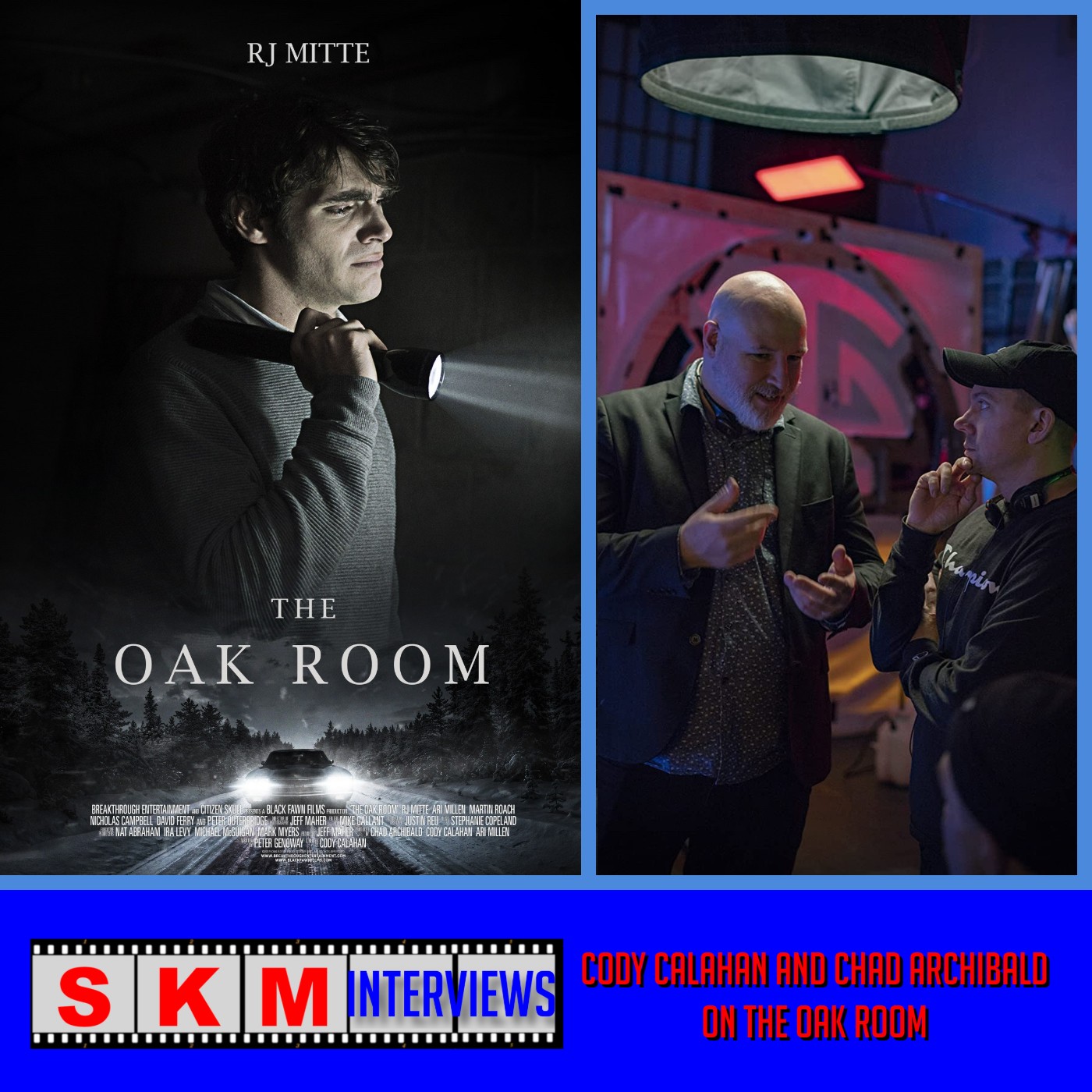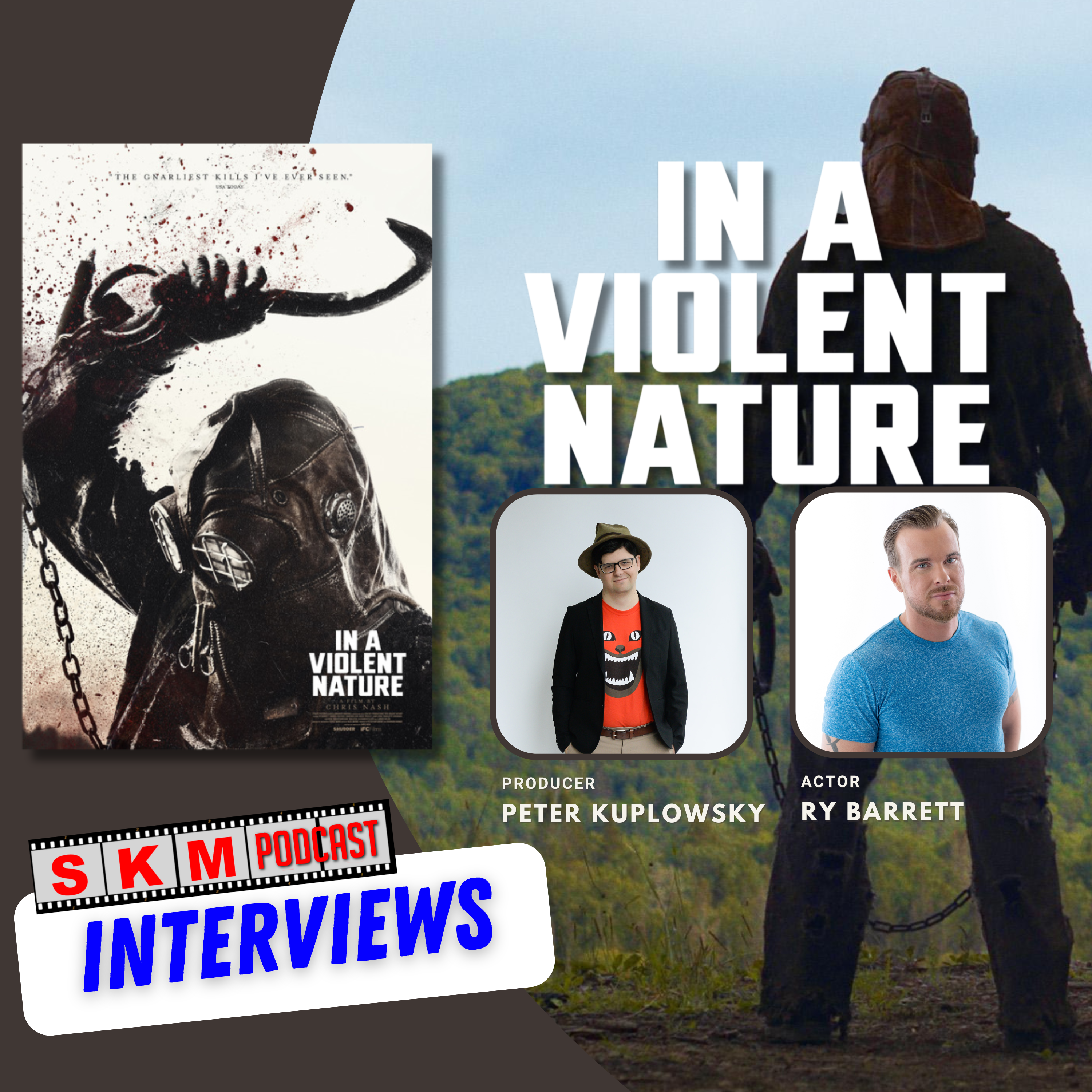Episode Transcript
[00:00:00] Speaker A: Hello.
[00:00:00] Speaker B: This is Sean Kelly, and this is my second interview from the 2024 Hot Dogs Canadian International Documentary Festival. This interview is with mexican canadian filmmaker Elise Moreno about her documentary short Canadian Dream, which is about the experiences of her father, Alberto Moreno Sartoris, as an immigrant farm worker in Canada. The official synopsis for the Canadian Dream is as Canadian Dream is a poignant short documentary that sheds light on the harsh reality faced by temporary migrant workers in Canada. Through the personal journey of a former farm worker who migrated from Mexico in search of a better life, the film highlights the distressing and unoften overlooked exploitive conditions faced by these work. Presented from the perspective of the farmworker's daughter, the film explores the impact of this issue not only on the workers themselves, but also the families they leave behind. And here is Elise Moreno's director's statement on the film. In crafting the canadian dream, I aim to go beyond a traditional documentary, weaving a touching narrative around my father's personal journey as as a former temporary farm worker in pursuit of a better life for us in Canada. The film illuminates the often overlooked challenges faced by migrant workers, instilling a sense of unity and empowerment. Through this intimate lens, I inspire to inspire viewers to stand up for their rights, fostering empathy and awareness. The ultimate goal is to convey that dreams are not only valid, but also achievable, encouraging collective action for more than just an equitable society. I hope you enjoyed this brief but poignant interview. Police what inspired you to make this short film?
[00:01:38] Speaker C: I think I always have had a very strong sense of justice. So I knew my dad's story, and then he's part of this group that helps people that were in the situation once, and I have the chance to go to the farms and see people who is currently there. And that just moved me and inspired me to do this job. But it all actually started as an assignment from school.
[00:02:03] Speaker A: So, like, well, how did your father first get this job?
[00:02:07] Speaker C: He was in Mexico, and he was just struggling with his current job and he couldn't find other ones, so he started to look at opportunities abroad, and he knew about this program called temporary marathon workers where he can come with a work visa to Canada.
And he was like, okay, maybe this is the chance. And he applied. He was emailing the people for the program for a year until he got it. And once he came here, well, the rest is history.
[00:02:39] Speaker A: So what exactly were the conditions like at this point? Like, getting, like, rashes and stuff.
[00:02:46] Speaker C: So it was abusive mentally and physically, starting from the housing just like, sharing, like, just one room with other 30 people in bunk beds, just having, like, 30 fridges, 30 showers, and then having these working hours or 14 hours a day. And of course, after you work that much physically, you ended up being so tired and doing it again next day. Again next day. And then, like, having people constantly rushing you, telling you, like, go faster, go faster.
[00:03:18] Speaker A: We need more from you. We need more from you. You cannot stop.
[00:03:20] Speaker C: You cannot say anything.
And then if you. If you say something, there are consequences. They isolated you. They treat you worse, they give you the heaviest shocks and even just fire you. But as someone who's coming from a situation where you don't really have too many options, even though you realize that it's not okay, it's hard to speak up because this is still, like, more than you can get from where you come from.
[00:03:46] Speaker A: Yeah. So it's probably to clarify from the film that your father was essentially fired for complaining and then was about to be deported, but then he decided to stay.
[00:03:54] Speaker C: He ran away. Yeah, he literally run away.
So, yeah, he complained.
The place got some fines, and then they saw he was programmatic, so they were just like, let's get rid of him. And they were like, he's a termination contract. Of course, they weren't saying, like, this person is problematic. They were saying like, oh, this person doesn't work hard enough, or this person is just.
He doesn't have a good relationship with the other workers. Like, he's problematic in that sense.
[00:04:23] Speaker A: But when they bring it to the.
[00:04:25] Speaker C: Airport and a security person was, like, with them, just to make sure they get into the plane, person decides to go to the bathroom, and then he was like, okay, this is not happening. I'm not going back. Like, I cannot go back. Like, I know I have a visa and I have rights. And so he just ran away, came to Toronto and found this group of people who helped it justice for migrant workers.
[00:04:47] Speaker A: And the rest is history.
[00:04:50] Speaker C: Yes.
[00:04:52] Speaker A: So what do you hope the end goal of this film is going to be?
[00:04:55] Speaker C: My end goal with this short is to take it out of the screen and to actually make it a real change. I know there's a lot of people who are in this situation that my dad find himself, like, like, ten years ago almost, and nothing much has changed. So I will. The close.
The whole journey with this project will finish once I'm able to at least help one people who needs, like, medical attention right now or just to help, like, a group in a farm that needs the correct protection equipment for all the chemicals they use. That's my end goal. And right now I'm currently looking to partner with someone to make an impact campaign. So, yeah, I think Hogwarts is the right place to find a person that can jump in the project, and that will be my end goal. Thanks.


